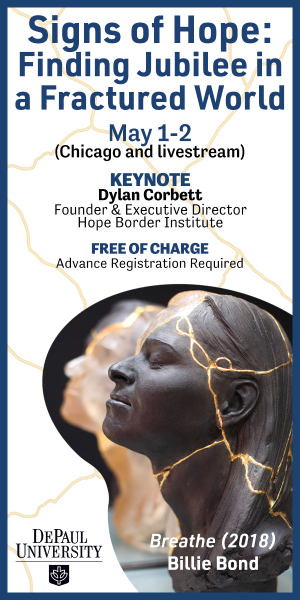Agony. Terror. Air hunger. Torture. “You’re not entitled to a pain-free execution.”
These are all words used this week surrounding the execution of Ohio inmate Dennis McGuire. Ohio, like other states that have the death penalty, is facing a supply shortage of one of the drugs typically used for lethal injection, as European manufacturing companies have restricted its export for use in capital punishment. Ohio decided it would proceed with the execution using a combination of drugs previously untried for lethal injection.
On Monday, a federal judge refused to halt the execution after McGuire’s lawyers argued that “McGuire will experience the agony and terror of air hunger as he struggles to breathe for five minutes after defendants intravenously inject him with the execution drugs.”
And so the execution went forward as scheduled. The results? It took nearly 25 minutes after the injection for McGuire to be pronounced dead, and the time passed with McGuire making loud snorting noises that were disturbing to witness for those present. Said McGuire’s daughter: “It was the most awful moment in my life to witness my dad’s execution. I can’t think of any other way to describe it than torture.”
Assistant Ohio attorney general Thomas Madden said at the time of the ruling, “The U.S. Constitution bars cruel and unusual punishment. But that doesn’t mean execution procedures must be entirely comfortable. You’re not entitled to a pain-free execution.”
McGuire was convicted for the 1989 rape and fatal stabbing of Joy Stewart. The actions cannot be dismissed or made light of – a young woman lost her life, which is a tragedy. Is it not just as much of a tragedy to use McGuire as a human experiment, to place to little value on his life? Human dignity is for all humans—both guilty and innocent.
As Bryan Cones wrote in the February 2012 issue of U.S. Catholic: “Indeed, even in the face of inconceivable violence, God offers hope. For the perpetrator, that means the chance for repentance and conversion; for the survivors, it means the possibility of understanding, healing, maybe even forgiveness. Who are human beings to stand in the way of such salvation?”








